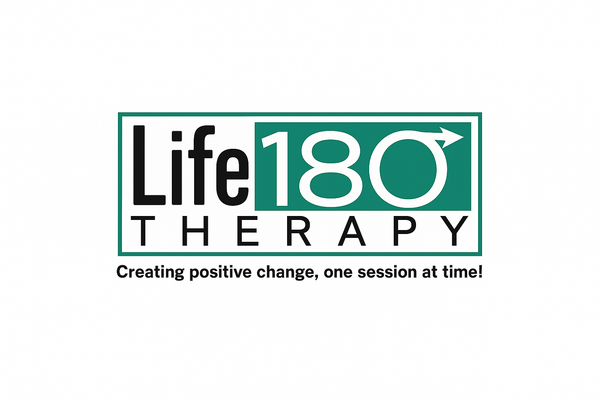|
|||
Symptoms of Anxiety:
- Excessive Worry:Persistent, uncontrollable worry about everyday situations.
- Physical Symptoms: Such as rapid heartbeat, sweating, trembling, fatigue, and muscle tension.
- Restlessness:Feeling on edge or unable to relax.
- Difficulty Concentrating:Finding it hard to focus or concentrate on tasks.
- Irritability:Feeling easily irritated or agitated.
- Sleep Disturbances:Difficulty falling asleep, staying asleep, or restless sleep.
Treatment Approaches:
Therapy:
- Cognitive Behavioral Therapy (CBT): Focuses on identifying and challenging negative thought patterns and behaviors that contribute to anxiety.
- Exposure Therapy: Gradually exposing individuals to feared situations or objects in a controlled environment to reduce anxiety responses.
- Mindfulness-Based Therapy: Helps individuals become more aware of their thoughts and emotions without judgment, reducing anxiety reactivity.
- Acceptance and Commitment Therapy (ACT): Focuses on accepting uncomfortable feelings and taking actions aligned with personal values.
How a Therapist Can Help:
- Providing Supportive Environment: Therapists create a safe and non-judgmental space for individuals to explore their thoughts and feelings related to anxiety.
- Teaching Coping Skills:Therapists teach practical strategies to manage anxiety, such as relaxation techniques, mindfulness, and stress management.
- Identifying Triggers:Helping individuals identify triggers that contribute to their anxiety and develop strategies to cope with or avoid them.
- Challenging Negative Thinking: Assisting individuals in recognizing and challenging irrational or distorted thoughts that contribute to anxiety.
- Setting Realistic Goals:Collaboratively setting achievable goals to overcome anxiety and improve overall well-being.
What to Expect from Therapy Sessions:
- Assessment: The therapist will conduct an initial assessment to understand the nature and severity of your anxiety symptoms.
- Goal Setting:Together with the therapist, you'll establish specific goals for therapy and discuss how to achieve them.
- Techniques and Strategies:Therapists will teach you various techniques and strategies to manage anxiety, tailored to your individual needs.
- Homework Assignments: You may be given homework assignments to practice between sessions, such as journaling, relaxation exercises, or exposure tasks.
- Regular Sessions:Therapy sessions typically occur on a weekly basis, although the frequency may vary depending on your needs and progress.
- Feedback and Evaluation:Throughout therapy, you'll receive feedback and evaluation from the therapist to track your progress and make adjustments as needed.
Overall, therapy for anxiety aims to empower individuals with the tools and skills needed to effectively manage their symptoms and improve their quality of life. It's essential to approach therapy with openness, commitment, and patience, as overcoming anxiety often requires time and effort.
